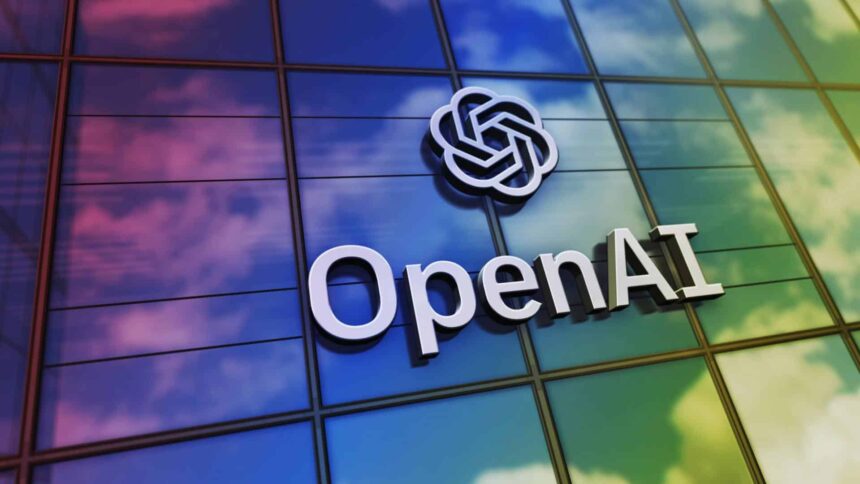Days after he sued OpenAI for forsaking its initial aim in favor of a for-profit model, Elon Musk announced on Monday that his artificial intelligence company, xAI, would open-source its ChatGPT challenger, “Grok,” this week.
The billionaire has issued numerous warnings against large technology corporations like Google using technology for financial benefit.
Earlier this month, he filed the case against Microsoft-backed OpenAI, a company he co-founded in 2015 but quit after three years. In response, emails revealed by OpenAI revealed that the CEO of Tesla was in favor of a plan to establish a for-profit corporation and desired a merger with the EV manufacturer in order to turn the merged company into a “cash cow.”
“This week, @xAI will open source Grok,” Musk said in a post on X, the social media firm he owns.
The move could give the public free access to experiment with the code behind the technology and aligns xAI with firms such as Meta and France’s Mistral, both of which have open-source AI models.
Google has also released an AI model called Gemma that outside developers can potentially fashion according to their needs.
Tech investors including OpenAI backer Vinod Khosla and Marc Andreessen, co-founder of venture capital firm Andreessen Horowitz, have been debating about open-sourcing in AI since Musk filed the lawsuit against the ChatGPT maker.
While open-sourcing technology can help speed up innovations, some experts have warned that open-source AI models could be used by terrorists to create chemical weapons or even develop a conscious super-intelligence beyond human control.
Musk said at Britain’s AI Safety Summit last year that he wanted to establish a “third-party referee” that could oversee firms developing AI and sound the alarm if they have concerns.
Seeking an alternative to OpenAI and Google, Musk launched xAI last year to create what he said would be a “maximum truth-seeking AI”. In December, the startup rolled out Grok for Premium+ subscribers of X.
In a podcast episode with computer scientist and podcaster Lex Fridman, Musk suggested in November that he favored the concept of open-source AI.
“The name, the open in open AI, is supposed to mean open source, and it was created as a nonprofit open source.
And now it is a closed source for maximum profit,” Musk had said.





